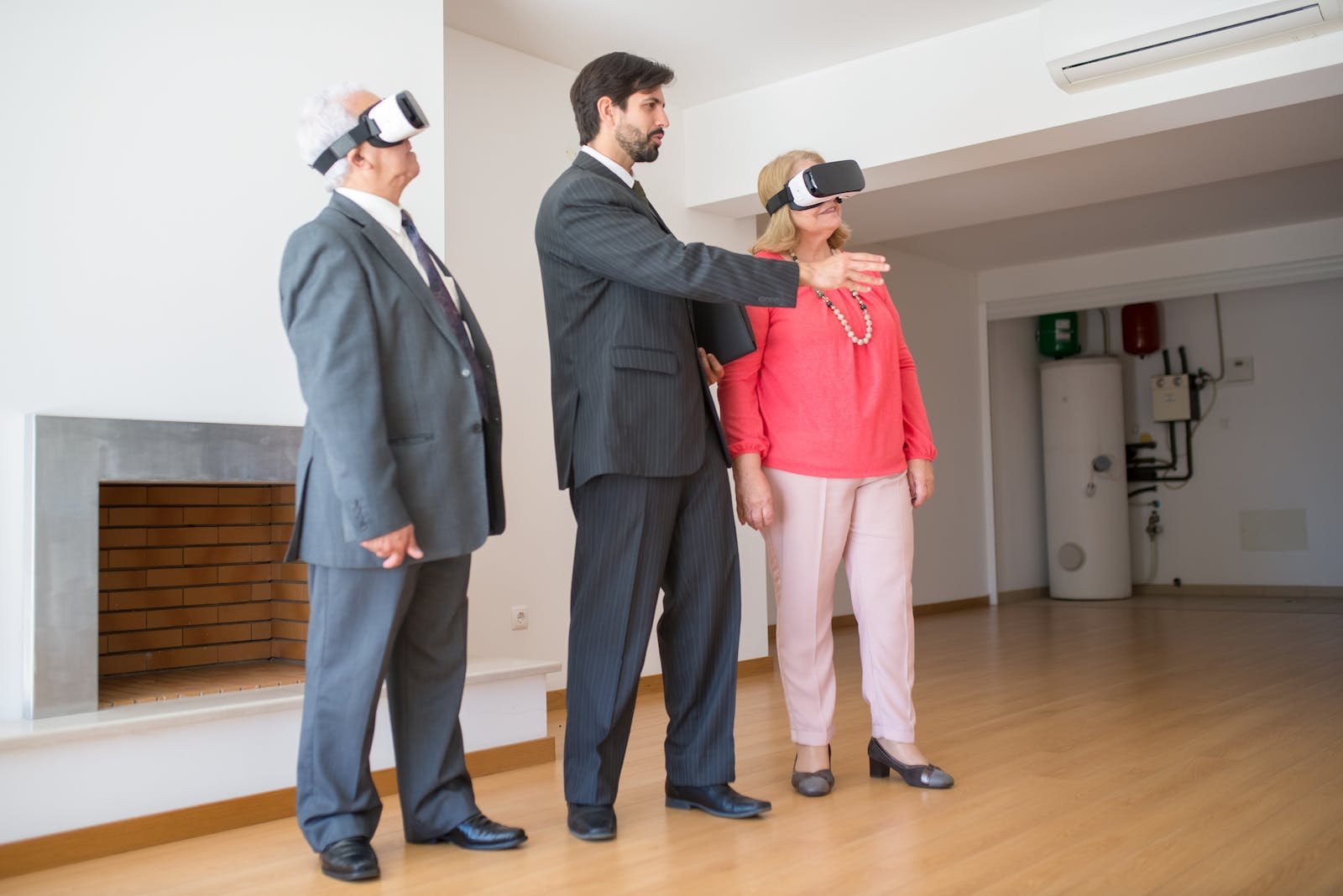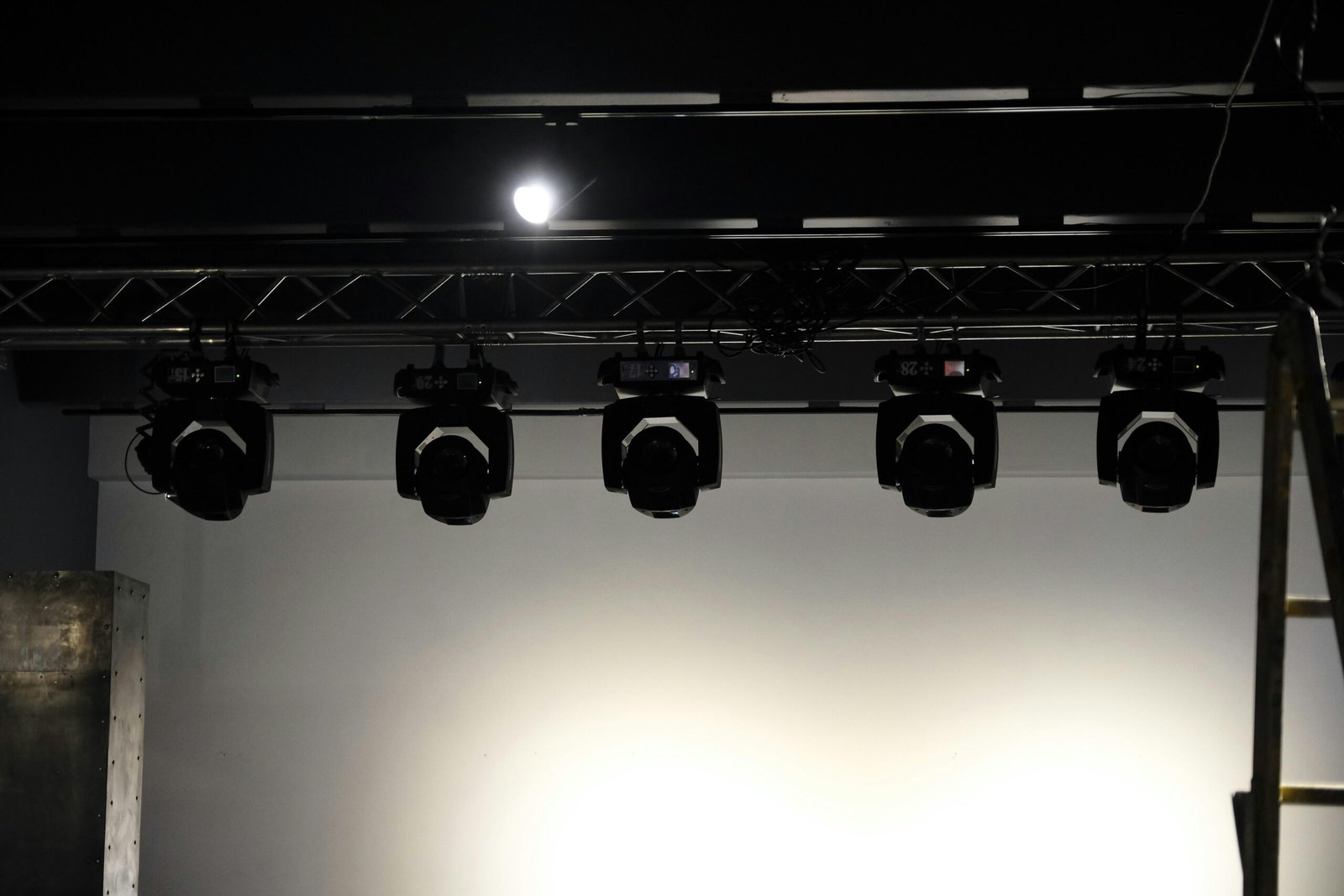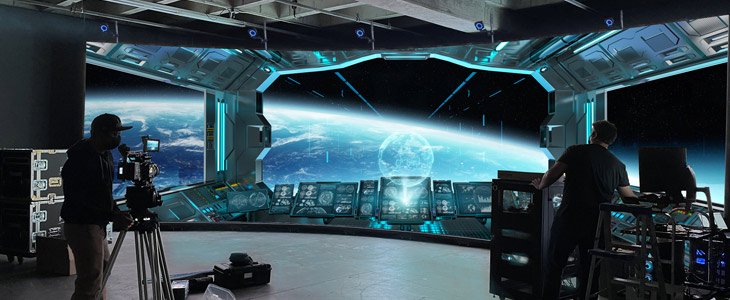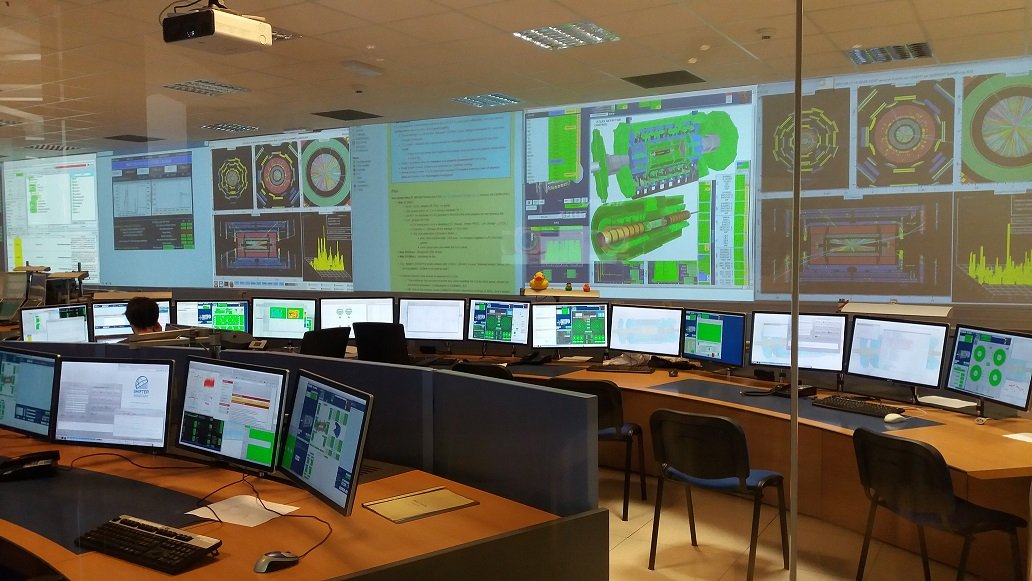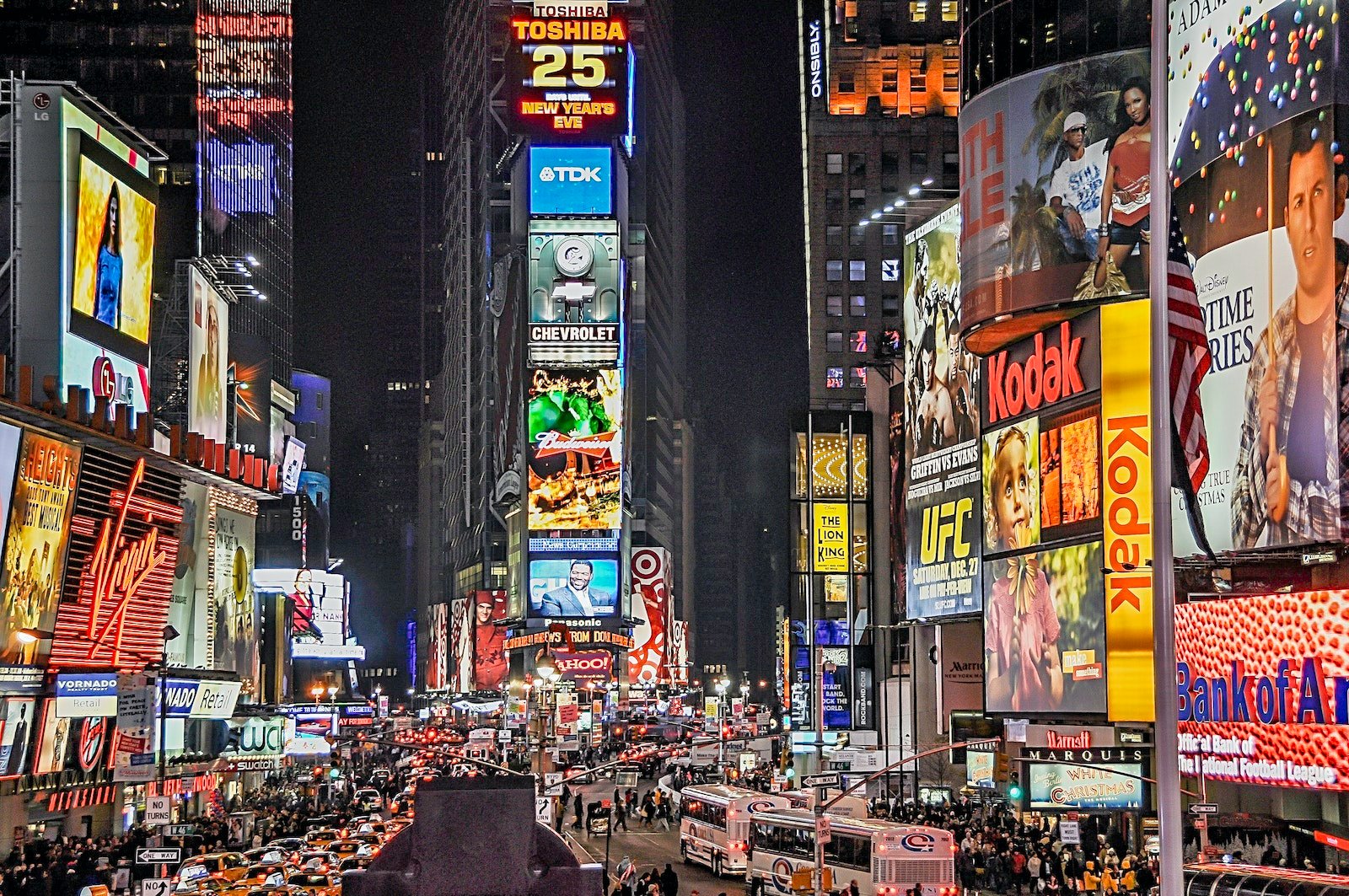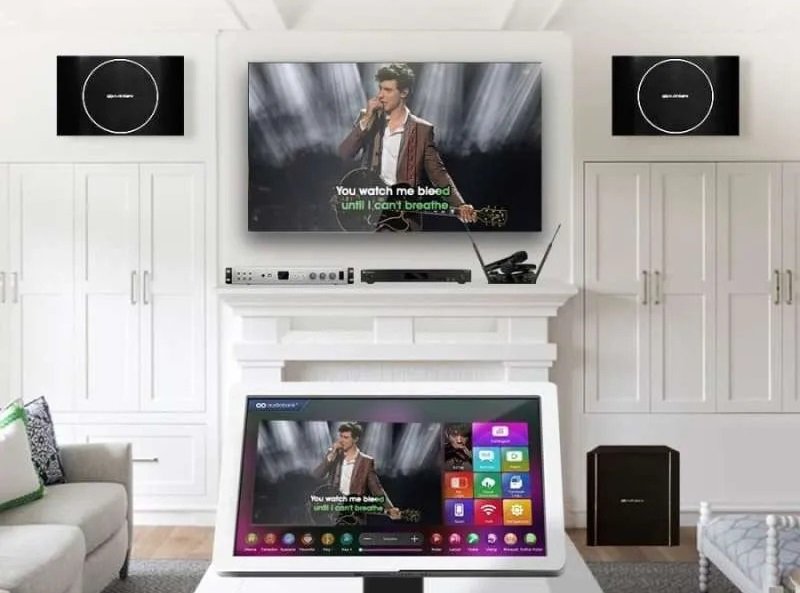A virtual tour is a simulation of an existing location, typically composed of a sequence of images or videos. It allows users to navigate and explore a digital representation of a real-world place or environment from the comfort of their own device, such as a computer, smartphone, or virtual reality headset.
Key features and components of a virtual tour include:
- Panoramic Images or Videos: Virtual tours often consist of panoramic images or videos captured at various vantage points within the location being showcased. These images/videos provide a 360-degree view of the surroundings and allow users to look around and explore the space as if they were physically present.
- Navigation Controls: Users can navigate through the virtual tour using navigation controls such as arrows, buttons, or menus. These controls allow users to move forward, backward, and turn left or right to explore different areas within the virtual environment.
- Interactive Elements: Virtual tours may include interactive elements such as hotspots, clickable links, and information pop-ups. Hotspots are clickable areas within the virtual environment that provide additional information, images, videos, or links to related content.
- Audio Narration or Sound Effects: Some virtual tours feature audio narration or ambient sound effects to enhance the immersive experience. Audio elements can provide context, information, or ambiance that complements the visual exploration of the virtual environment.
- Integration with Maps or Floor Plans: Virtual tours may be integrated with maps or floor plans of the location to help users navigate and orient themselves within the virtual space. Users can click on specific areas of the map or floor plan to jump to corresponding views within the virtual tour.
- Customization and Branding: Virtual tours can be customized to reflect the branding, style, and identity of the organization or business promoting the location. Customization options may include branding elements, color schemes, logos, and personalized messaging.
Virtual tours are commonly used across various industries and applications, including:
- Real Estate: Virtual tours allow potential buyers or renters to explore properties remotely, providing a realistic sense of the space and layout before scheduling an in-person visit.
- Tourism and Hospitality: Virtual tours enable travelers to preview hotels, resorts, attractions, and destinations before making travel arrangements.
- Education and Training: Virtual tours can be used for educational purposes, allowing students to explore historical sites, museums, landmarks, and cultural institutions from around the world.
- Commercial Spaces: Businesses can showcase their offices, retail stores, showrooms, or event venues through virtual tours, providing customers with an interactive preview of the space.
Overall, virtual tours offer a convenient and immersive way for users to experience and interact with physical environments digitally, making them a valuable tool for marketing, education, and entertainment purposes.

